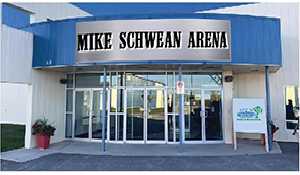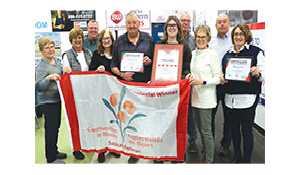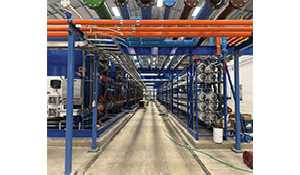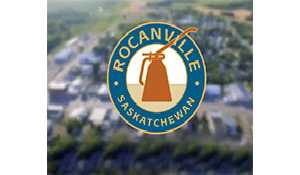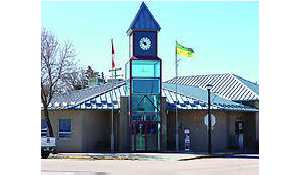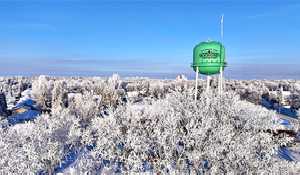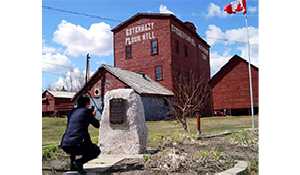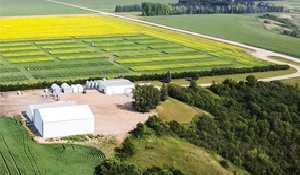Viterra plans Canola Crushing Plant in Regina
April 26, 2021, 11:55 am


Viterra has announced plans for a large canola crushing facility in Regina. The company is in the feasibility stage to finalize the plant's capabilities and design, with an initial targeted annual crush capacity of 2.5 million metric tonnes, which would make it the world's largest integrated canola crush facility.
"Viterra is a large global player in the oilseed crushing industry, with quality assets throughout our agriculture network," said David Mattiske, Chief Executive Officer of Viterra. "Over the years we have made a number of strategic investments in Canada and we are excited at the potential opportunity to further enhance our processing business. We look forward to leveraging our expertise at this new state of the art facility, and connecting our customers to additional opportunities within our supply chain."
Oilseed crush demand is expected to continue strengthening in the long term, given continued demand growth for canola oil in food usage, as well as increases in meal consumption in animal feed markets. Additionally, this plant will play a key role in supplying the feed stock required for renewable fuel production. The additional production is vital to support the Federal Government's intended Clean Fuel Standard, which aims to help reduce Canada's greenhouse gas emissions.
"We are pleased to have the opportunity to pursue this substantial and historic investment in our asset network, which demonstrates our confidence in the future of western Canadian canola production, said Kyle Jeworski, CEO of Viterra North America. "Through this project, we will be able to further leverage our strong relationships with farm customers and support Saskatchewan's growth plan for expanded value-added processing capacity. Further, this project will have a long-lasting and positive local economic impact, both in terms of employment related to the facility's construction and permanent employment once the plant is up and running."
Completion of this project is subject to successful negotiation and finalization of various permits, licensing, agreements with third parties and final approvals both internally and externally. The plant is targeted to be operational in late 2024.
"Our Saskatchewan producers are known worldwide for the safe, high-quality commodities that they produce," Premier Scott Moe said. "We are excited to see the economic activity and jobs that this announcement will create for our province. This announcement aligns with our Growth Plan goals, bringing us to our target to crush 75 per cent of the canola produced in our province at home in Saskatchewan."
Construction on the new 2.5 million metric tonne (MMT) canola processing plant is expected to begin in early 2022 with production underway in 2024.
"This significant announcement from Viterra - a grain company with proud roots here in our province that go back nearly a century - is good news for jobs and our world-leading agriculture sector in Saskatchewan," Trade and Export Development Minister Jeremy Harrison said. "With the most innovative growers in the world, a burgeoning agriculture value chain, and competitive business environment, Saskatchewan is poised for strong export growth in canola oil and meal in the months and years ahead."
"We are pleased to see that Viterra has selected Saskatchewan as the location for their new canola crush facility and we are excited for the opportunity this creates for our provincial economy," Agriculture Minister David Marit said. "Increasing canola crush capacity in Saskatchewan will benefit both our canola producers and the innovative companies like Viterra who recognize our industry for the high-quality and reliability that we are known for around the world."
The new Viterra canola crush plant facilitates meeting the goal in Saskatchewan's Growth Plan to crush 75 per cent of the canola produced in the province. It will also support Growth Plan goals to grow Saskatchewan's agri-food exports to $20 billion, increase agriculture value-added revenue to $10 billion, increase the value of exports by 50 per cent and grow private capital investment in Saskatchewan to $16 billion annually.



